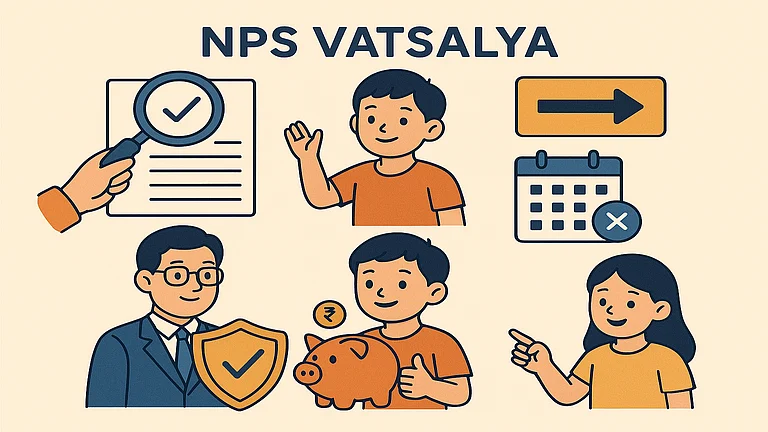Retirement is invariably linked to old age and pension. However, are Indians truly secure when it comes to their pensions? A survey conducted by Grant Thornton Bharat between August and September 2024, which included participants ranging from those under 25 to those aged 55 and older, revealed that 42 percent of respondents lack confidence in receiving adequate pension benefits after retirement. The report highlights the importance of retirement planning in light of growing age and pension expectations. Let’s take a closer look at this issue.
Retirement Age
According to the report, around 56 percent of respondents plan to retire in their late 50s or by the age of 65. In contrast, among the younger generation aged under 25, around 43 percent prefer to retire earlier, between the ages of 45 and 55. This indicates their desire for a better work-life balance and more leisure time compared to extended work years. Women also prefer retirement by the time they turn 50.
Around 28 per cent of women expect their retirement between 55 to 60 years, whereas 21 per cent have plans to retire between 45 to 50 years of age.
Pension Expectation
When it comes to pension expectation, only around 4 per cent are confident of getting a sufficient pension to cover their retirement. While 42 per cent don’t feel confident about it at all, 25 per cent feel slightly confident, and 22 per cent feel moderately confident.
Yet, around 55 per cent of the respondents expect a pension of Rs 1 lakh, but only 11 per cent of them are confident that their current investments can meet the expectation.
Reasons For The Mismatch Between Expectations And Investments And Other Challenges
The study highlights the reasons for the lack of preparedness for retirement in India.
Lack Of Awareness:
One of the reasons is a lack of awareness about retirement and pension schemes, such as Atal Pension Yojana (APY), which offers a guaranteed and pre-determined pension.
Awareness About Calculations:
While there are ready-made calculators available through which one can easily work out the corpus needed after retirement and what is to be saved to accumulate that corpus, only 52 per cent of the respondents were found to be somewhat aware of the pension calculations and 30 per cent of the respondents acknowledged of being totally unaware of the calculations.
Reliability And Stability:
Around three-fourths of the respondents don’t feel secure with their pension investments, highlighting the need for reliability in pension schemes.
Largely, stability remains a sought-after factor in pension savings. Due to that, around 40 per cent of respondents prefer government-backed schemes, whereas 27 per cent prefer schemes offered by private institutions.
Gratuity:
Gratuity is a scheme where 99 percent of respondents feel the amount is insufficient to meet their retirement needs. Additionally, 29 per cent of respondents expressed concerns regarding a lack of information and awareness around gratuity.
Public Provident Fund (PPF):
Public Provident Fund (PPF) remains one of the favourite retirement planning tools among more than half of respondents. Around 55 per cent of respondents use PPF for their retirement; however, only 28 per cent were satisfied with the returns, whereas 60 per cent remained neutral (neither satisfied nor dissatisfied).
Employee Provident Fund (EPF):
In the case of the employee provident fund (EPF), nearly 46 per cent feel satisfied with EPF returns, whereas nine per cent feel dissatisfied and 37 per cent feel neutral.
Annuity:
The survey reveals that approximately 76 percent of respondents do not prefer investing in annuities, even though these products offer guaranteed returns. This indicates a significant opportunity to engage potential investors.
The report highlights the need to raise awareness about pension schemes, implement more targeted outreach efforts, and ensure transparency and stability in pension products.


















